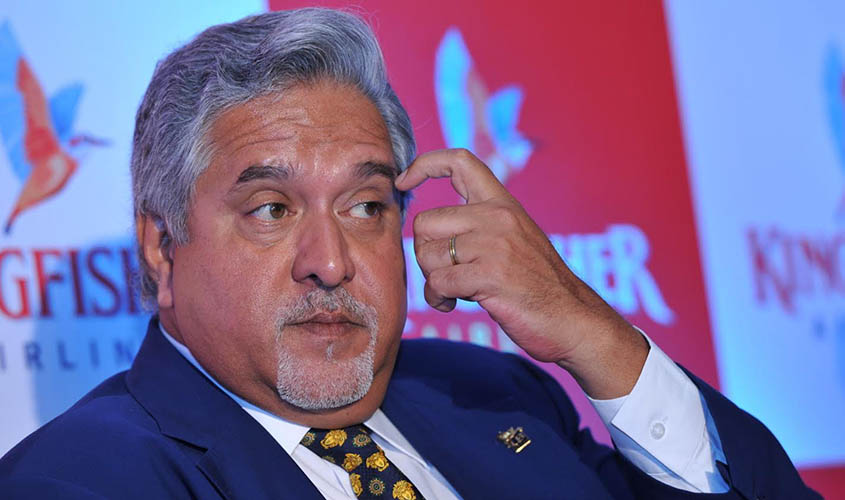The case against Vijay Mallya will be a difficult one, sources here say. Extradition is far harder than deportation, the oligarch and alleged fugitive money launderer will not be deported. In April last year Mallya’s diplomatic passport was revoked and it is thought he might plead “political interference”. Reportedly Mallya has an expert and expensive legal team, he has already laid the ground for “no trial by media”, as that would be against his human rights.The case will need careful handling as it cannot be prejudiced by careless tweeting or media coverage.
Mallya’s team has probably anticipated every move and is preparing to stall and prevent his extradition possibly by appealing to the European Court of Human Rights not to deny him a “family life”; he has established a luxurious family lifestyle with dogs and toys at “Ladywalk” his home in Hertfordshire.
The timing is inopportune, could the UK General Election lessen Tory political will for an extradition. UK is a liberal democracy, shifting people from one jurisdiction to another is difficult. There has only been one successful extradition to India in 2016 since the Treaty was signed in 1993.
India got UK’s co-operation via Interpol, who arrested Mallya on charges of financial fraud, he was bailed on security of £650,000 and the hearing at Westminster Magistrates Court is on 17 May.India’s crack team from the Enforcement Directorate and the Central Bureau of Investigation (CBI) arrived in London on Tuesday. Mallya’s arrest will have been politically beneficial for Prime Minister Narendra Modi manifesting his pledge to bring an end to corruption; with skill and evidence, Mallya can be brought back, the money is another matter. If the court

